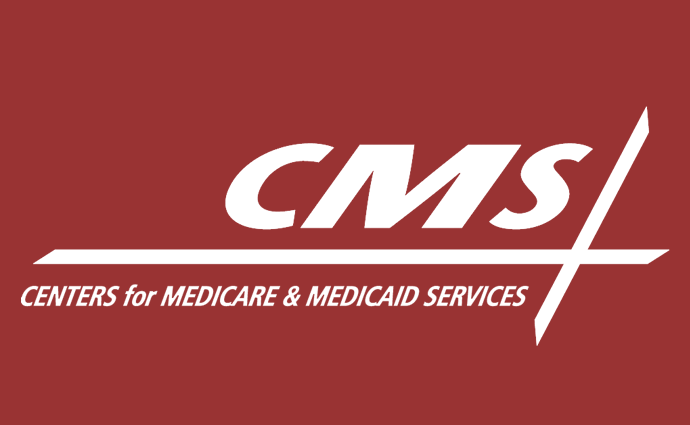Inpatient Rehabilitation Facility PPS Rule for FY 2021 Finalized
The final rule from CMS will increase inpatient rehabilitation facility PPS rates by 2.4% starting Oct. 1, 2020, and make permanent some COVID-19 flexibilities.

Source: Centers for Medicare & Medicaid Services
- CMS is making permanent some regulatory flexibilities offered to inpatient rehabilitation facilities during the COVID-19 public health emergency, according to a new rule.
The Inpatient Rehabilitation Facility Prospective Payment System (IRF PPS) rule finalized by CMS earlier this week will eliminate the requirement for physicians to conduct a post-admission visit within the first 24 hours of a patient’s admission to an inpatient rehabilitation facility.
CMS waived the requirement during the COVID-19 public health emergency to reduce the administrative burden for inpatient rehabilitation facilities.
The federal agency recently decided to permanently eliminate the requirement starting October 1, 2020, since the post-admission evaluation covers almost the same information that is included in the pre-admission screening of inpatient rehabilitation patients and the patient’s plan of care.
“CMS recognizes it is imperative that we develop and implement policies that allow providers and clinicians to focus the majority of their time treating patients rather than completing paperwork,” the agency wrote in the final rule.
Additionally, the final IRF PPS rule will also amend Medicare inpatient rehabilitation facility coverage requirements to allow non-physician practitioners to perform one of the three visits required during a patient’s stay.
Currently, Medicare requires physicians to conduct three visits per week to ensure the effectiveness of a patient’s care plan. Other medical professionals, including non-physician practitioners, can perform additional visits, but those visits do not count towards Medicare’s coverage requirements.
In response to President Trump’s Executive Order on Protecting and Improving Medicare for Our Nation’s Seniors, however, CMS is allowing non-physician providers to perform one of the three required visits in the second or later weeks of a patient’s care, when it is consistent with state scope of practice laws.
The executive order directed HHS, among other things, to propose a regulation under the Medicare program to eliminate regulatory billing and other similar requirements that are more stringent than applicable federal or state laws and that limit medical professionals from practicing within their full scope of practice.
Physicians, CMS pointed out, would still need to review and sign off on the pre-admission screening, establish the overall care plan, and lead weekly interdisciplinary team conferences.
CMS will also update payments rates by 2.4 percent, effective October 1, 2020, according to the final IRF PPS rule for FY 2021.
Due to an additional 0.4 percent boost to aggregate payments due to the updated outlier threshold for FY 2021, CMS estimates IRF PPS payments to increase by $260 million relative to FY 2020 reimbursements.
The IRF PPS rate update is slightly low than the one CMS proposed in April. At that time, the agency was slated to increase payments to inpatient rehabilitation facilities by 2.9 percent, or $270 million, in FY 2021.
Per the proposed rule, however, CMS finalized the 2.4 percent increase based on more recent data that became available after the proposed rule.
According to the final rule, the federal agency will also adopt the recent Office of Management and Budget statistical area delineations and apply a 5 percent care on wage index decreases from FY 2020 to FY 2021.
The American Medical Rehabilitation Providers Association (AMRPA) hailed the final IRF PPS rule a win after the trade group advocated for a slimmer list of expanded services non-physician providers could perform in inpatient rehabilitation facilities.
“CMS’s decision to directly respond to many of our leading concerns in its final rule constitutes a big win for AMRPA and, most importantly, the quality of care provided to our patients and their outcomes,” Robert Krug, MD, AMPRA Board Chair, said in a statement. “We applaud CMS for this action and are gratified that CMS leadership recognized the immense value that IRFs and direction under rehabilitation physicians offer.”
The group also applauded CMS’ decision to remove the post-admission physician evaluation requirements, which it notes is in line with AMPRA’s efforts to reduce administrative burden on inpatient rehabilitation facilities.
To view the complete final rule, click here.
